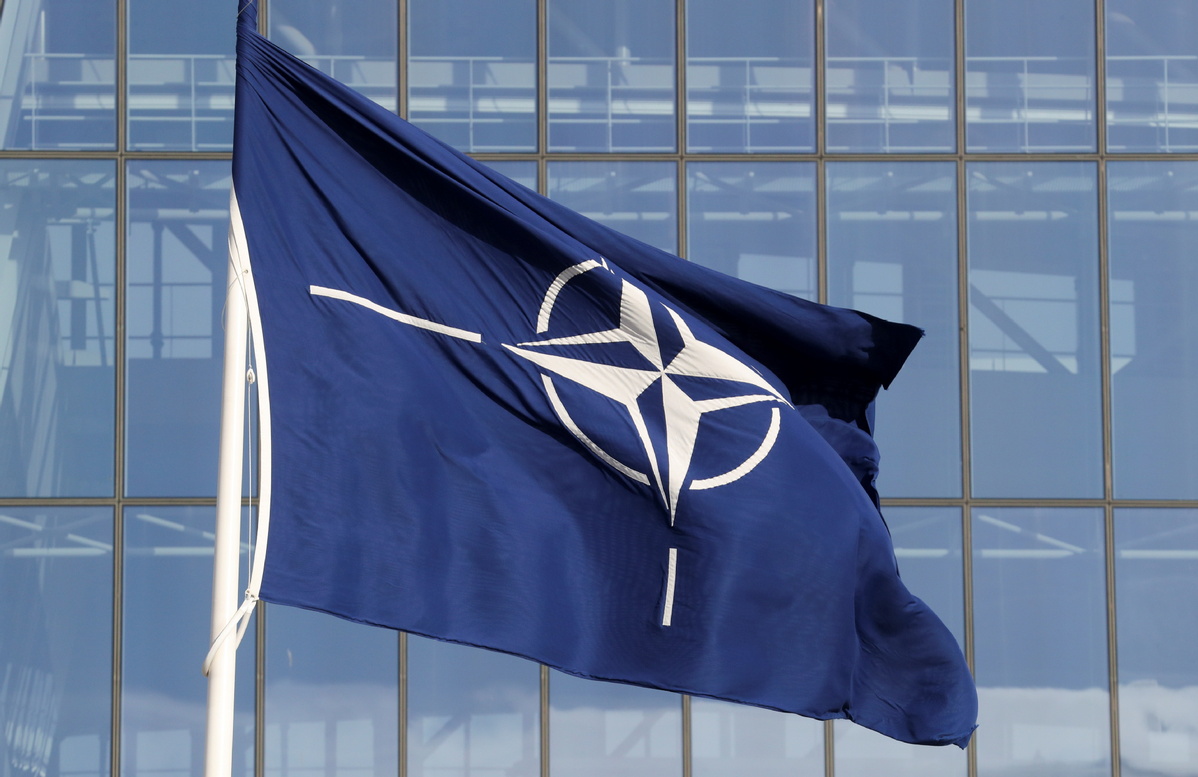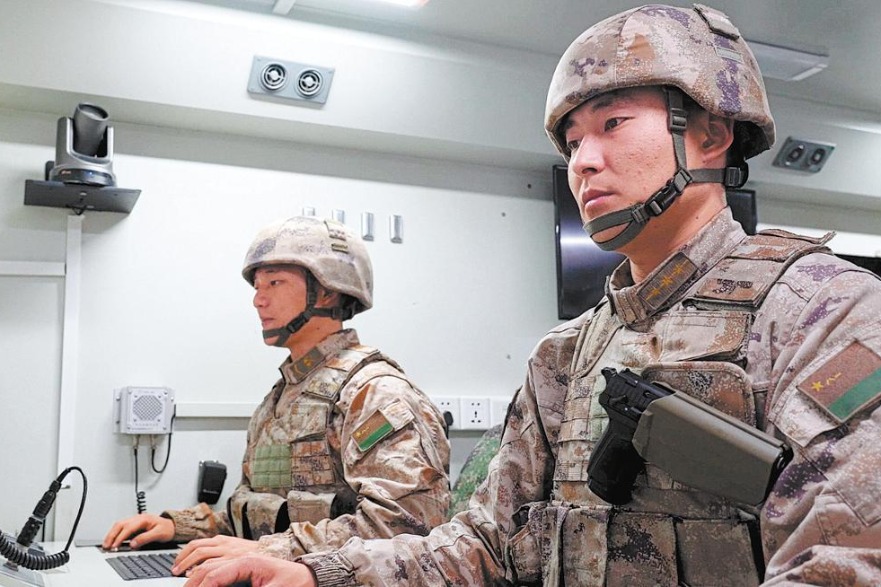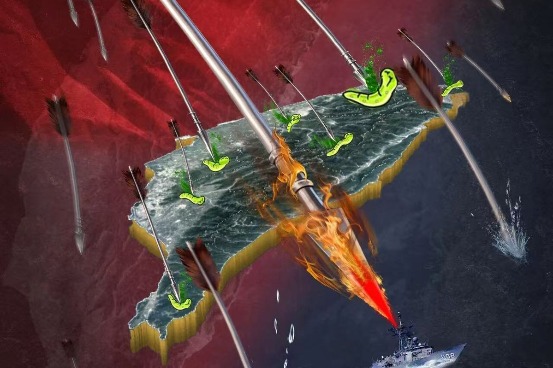Disgraceful for NATO to trumpet 'China threat': China Daily editorial


The head of the North Atlantic Treaty Organization groundlessly pointed an accusing finger at China on Monday, criticizing it for what he alleged was a massive military build-up and continuous support for Russia's military operations in Ukraine.
"What we see at the moment is an enormous buildup in China of their military capabilities," Mark Rutte, NATO's secretary-general, said in a speech at Chatham House in London, hyping up China's "nuclear threat" to the world.
Such remarks, aimed at portraying China as a military threat to security in Europe and beyond, harped on the same scaremongering anti-China tune that the US secretary of defense voiced at the Shangri-La Dialogue in Singapore in May. His echoing of that alarmism indicates the transatlantic alliance is still accompanying the United States, despite the seeming frictions over US demands the other members cough up more money to raise their defense spending to 5 percent of their GDP.
Rutte's unwarranted remarks prompted the Chinese embassy in the United Kingdom to issue a statement on Wednesday, calling on NATO to correct its "misperception" of China, stop peddling its "security anxiety" and "using China as an excuse for its continued military build-up and disruption of global and regional security".
China has a national defense policy that is defensive in nature, with its military spending focused on military modernization to protect its sovereignty, security and development interests. The country's defense expenditure as a percentage of GDP has been below 1.5 percent for many years, much lower than the world average. In comparison, the US spends no less than 3 percent of its GDP on national defense.
Unlike the US and NATO, China has always remained a force for maintaining peace and stability in the world. It's the largest contributor of peacekeeping personnel among the permanent members of the United Nations Security Council, and a major financial contributor to UN peacekeeping operations. On issues of peace and security, China has the best track record among major countries.
Regarding the Russia-Ukraine conflict, China is not a creator of the crisis, much less a party to it. The country has all along promoted negotiations to resolve the crisis and pushed for a political solution to the conflict. If China had really provided military supplies to Russia, the situation on the battlefield would not have been what it is now, as Geng Shuang, China's deputy permanent representative to the UN, has said. Despite this, the NATO chief has repeatedly sought to discredit and smear China by trumpeting the false narrative about a "China threat", with the purpose of justifying the military alliance's planned push into the Asia-Pacific region.
It is no secret that NATO and its "Indo-Pacific" allies and partners have made it their shared mission to cooperate "more closely" to address the "challenge" of China, with Japan being the most proactive in encouraging NATO involvement in the region. It is NATO's worming into the Asia-Pacific that poses the real threat to the region's peace and stability.
The incursion of the military bloc rooted in Cold War ideologies threatens to disrupt a region in which the prevailing sentiment is the collective pursuit of development and peace. It is extremely alarming given NATO's own defense expenditures continue to rise and its penchant for manufacturing threats and instigating conflicts to justify its hegemonic agenda.
The conflict between Russia and Ukraine, which still rages on with no end in sight, was caused by the bloc relentlessly expanding eastward in pursuit of the US' hegemonic agenda. Rutte seems determined to keep pushing the alliance's dangerous military adventurism, as he claimed in his remarks that "we cannot think that there is one theater, which is the Euro-Atlantic theater ... we have to be conscious of the fact that this is all interconnected with what is happening in the Pacific".
As NATO seeks to extend its influence into the Asia-Pacific under the guise of security imperatives, it risks upending the region's stability and undermining the shared aspirations of its constituent nations.
The Asia-Pacific is not a pawn in NATO's geopolitical chessboard, and the region does not require external interference in its security architecture. NATO, as a byproduct of the Cold War, should have been dissolved long ago after the end of that era. Instead, the specter of NATO's encroachment looms large, casting a shadow over the region's aspirations for peace and cooperation.


































